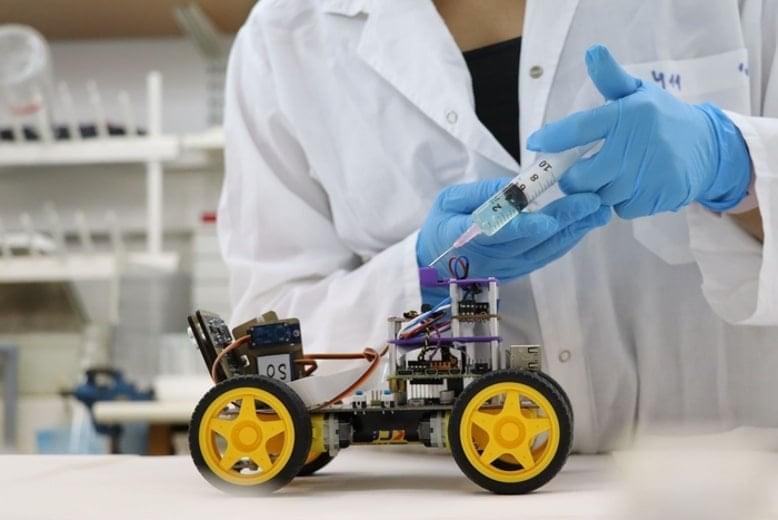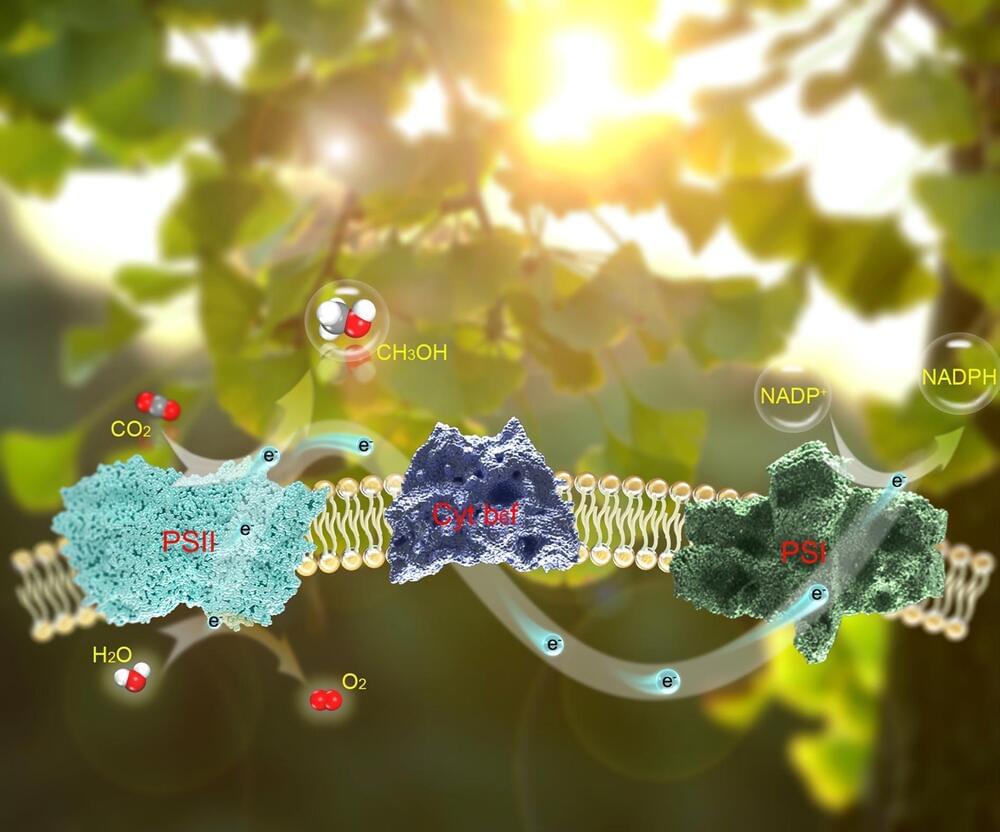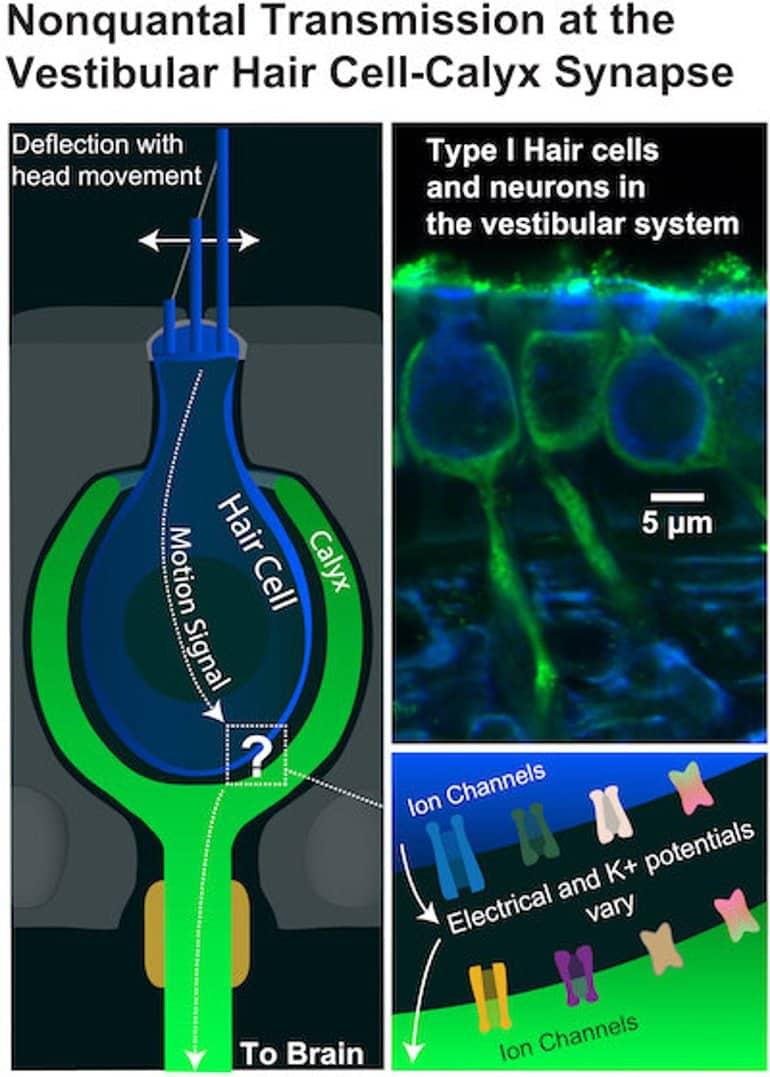The expertise of GPT3.5 at the industrial scale.
If you are tired of your requests to access ChatGPT being waitlisted repeatedly, Microsoft has some good news for you. The chatbot is coming soon to Azure Open AI services, where businesses can access the most advanced artificial intelligence (AI) in the world, the company said in a press release.
ChatGPT, the chatbot released on November 30 last year, has caught the imagination of engineers and non-engineers alike. The large language model used by the platform allows the AI to help answer user queries in a conversational style.
NurPhoto/Getty.
Microsoft teamed up with OpenAI in July 2019 to accelerate breakthroughs in the field of AI. On its part, Microsoft used its expertise in computing to build AI supercomputers exclusively for OpenAI and, since November 2021, has been offering the Azure OpenAI service for enterprise customers.








